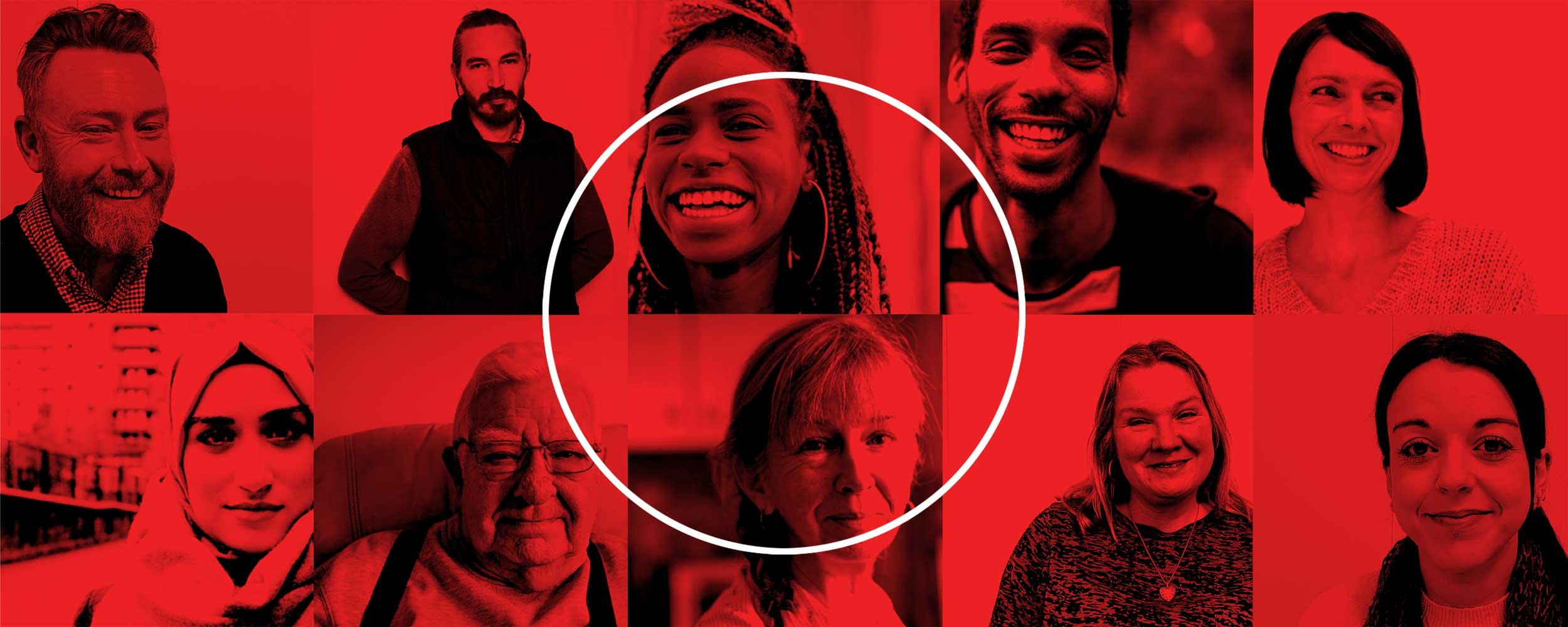
Breaking the Silence: Phil’s Journey Through Stigma
It’s a nice sunny day and I have joined a call to speak with Phil, he is a peer mentor for Phoenix Futures in Essex. He joins the call with a beaming smile, and I ask him if he wants to tell me a bit about himself. Phil shares that he was born in Wales and raised in South Africa, Phil moved to the UK in 2020, just before the pandemic. He had been sober for five years, familiar with recovery fellowships and the challenges of living without alcohol. But during lockdown, after cycling with a friend, Phil found himself reaching for a beer on a hot summer’s day.
What followed was a devastating three years for Phil. He lost his wife, his home and his job. He experienced homelessness and spent time in hospital. Stigma was a constant barrier. There was misunderstanding from healthcare professionals, judgment from society, and the heavy weight of his own self-stigma.
He remembers one particularly painful moment in hospital when a nurse implied he was using the ward like an Airbnb. “I didn’t choose to be an alcoholic,” Phil says. “People often think it’s a choice or a weakness. It isn’t.”
Stigma had been part of his story long before then. His first experience of rehab in South Africa was more about control than compassion, a military-style programme where strict rules and religious doctrine left little space for humanity. Instead of feeling supported, he felt judged, as though his addiction was a moral failing rather than an illness. He left questioning whether recovery was even possible.
Mental health struggles deepened the challenge. Depression and anxiety made everyday tasks feel impossible. At his lowest, alcohol-induced psychosis blurred the edges of reality. In those moments, stigma didn’t just come from others, it came from inside, feeding the belief that he was unworthy of help. Yet there were also moments of hope: the kindness of paramedics, the patience of certain police officers, the steady reassurance of some healthcare staff who treated him as a person first.
Phil speaks highly of the UK’s support systems, housing, healthcare and community services -which helped him to rebuild. But he says stigma still lingers, often in the language used within treatment and recovery communities. For Phil, alcoholism is a lifelong illness rather than something you can move on from. “You are an alcoholic, always. If you pick up that first drink, you go back.” Through his podcast Two Idiots in Recovery, he shows that whatever words people use, what really matters is honesty, connection, and supporting each other to stay well.
His tattoo, “I live with memories, not dreams” symbolises acceptance and healing. Making amends to those affected by his drinking has lifted a weight and given him a renewed sense of purpose.
Phil believes that to break stigma, education is key. He wants to see more conversations in schools, led by people with lived experience, so the realities of addiction are understood before harmful stereotypes take root.
Phil’s journey shows that while stigma can be one of the toughest obstacles in recovery, it can be overcome. With compassion, persistence and the courage to speak out, he has reclaimed his life and now uses his voice to help others challenge stigma too.
Listen to Phil’s Podcast, ‘Two idiots in recovery’ here.

